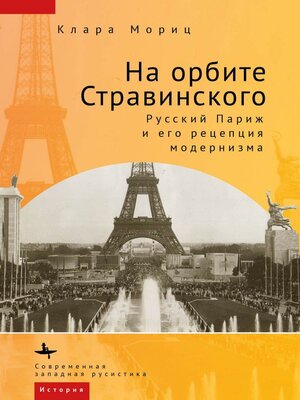
Sign up to save your library
With an OverDrive account, you can save your favorite libraries for at-a-glance information about availability. Find out more about OverDrive accounts.
Find this title in Libby, the library reading app by OverDrive.



Search for a digital library with this title
Title found at these libraries:
| Library Name | Distance |
|---|---|
| Loading... |
The Bolshevik's 1917 political coup caused a seismic disruption in Russian culture. Carried by the first wave of emigrants, Russian culture migrated West, where it was transformed by interactions with new cultural environment and clashed with exported Russian trends. In this book, Klára Móricz explores the transnational emigrant space of Russian composers Igor Stravinsky, Vladimir Dukelsky, Sergey Prokofiev, Nicolas Nabokov, and Arthur Lourié in interwar Paris.
Their music reflected the conflict between a modernist narrative demanding innovation, and a narrative of exile wedded to the preservation of prerevolutionary Russian culture. The emigrants' and the Bolsheviks' contrasting visions of Russia and its past collided frequently in the French capital, where the Soviets displayed their political and artistic products. Russian composers in Paris also had to reckon with Stravinsky's disproportionate influence:if they succumbed to fashions dictated by their famous compatriot, they risked becoming epigones; if they kept to their old ways, they risked becoming irrelevant. Although
Stravinsky's neoclassicism provided a seemingly neutral middle ground between innovation and nostalgia, it was also marked by the exilic experience. Móricz offers this unexplored context for Stravinsky's neoclassicism, shedding new light on this infinitely elusive term.







